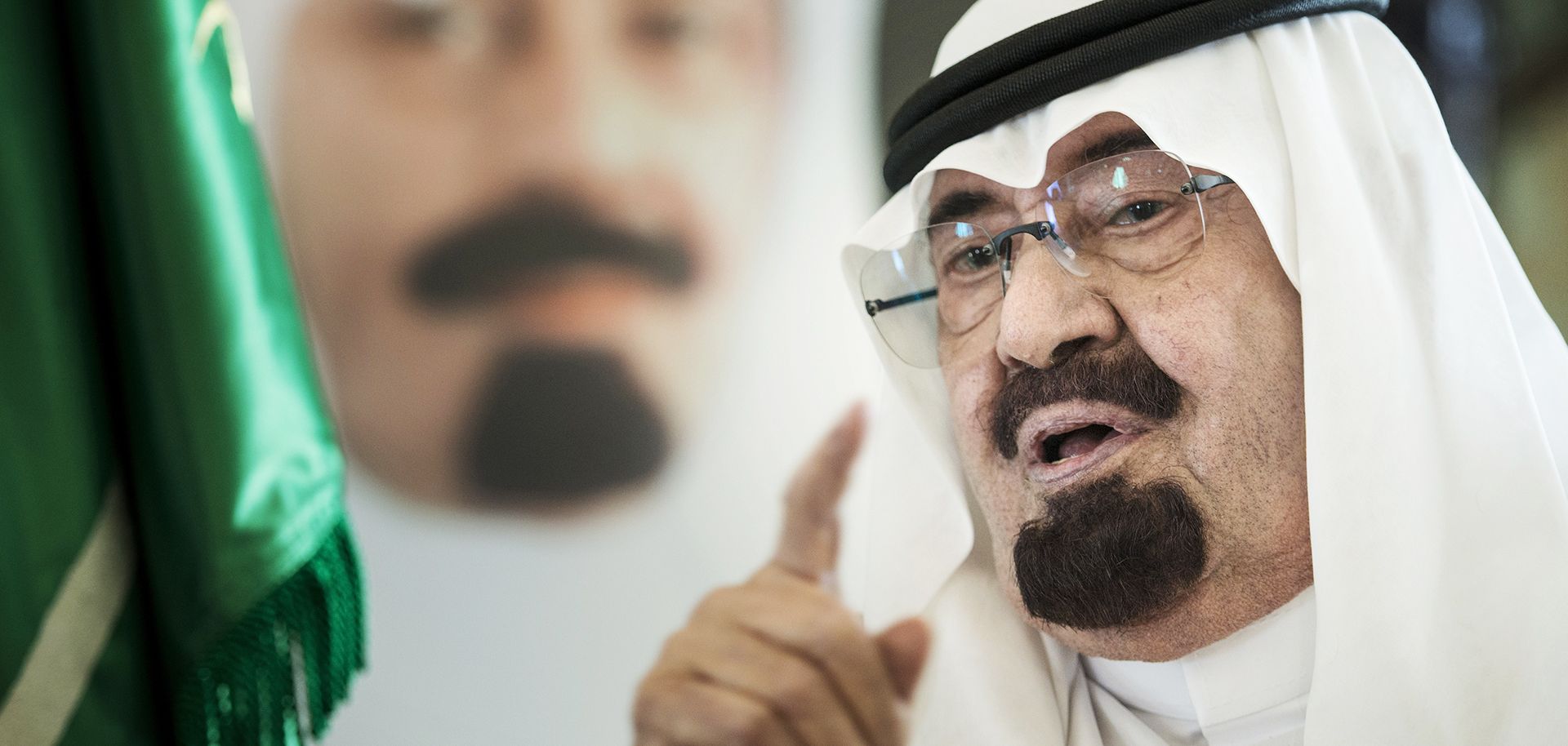ASSESSMENTS
Saudi Arabia Must Contain Yet Another Religious Sect
Nov 5, 2014 | 15:03 GMT

(BRENDAN SMIALOWSKI/AFP/Getty Images)
Summary
Saudi Arabia’s problem with its Shia minority may have changed dramatically. On Nov. 3, as many as 10 unidentified gunmen, presumed to be Salafist extremists, opened fire at a Shia mosque in al-Ahsa, a district in oil-rich Eastern Province, killing seven people and wounding 12 others; an eighth individual was found dead in a car in a neighboring village, also presumed to be the result of an assault by Salafist extremists. The attacks come nearly one month after a Saudi court delivered a death sentence to Nimr al-Nimr, a radical Shiite cleric who was arrested in 2012. Since the incidents, Saudi authorities have killed one suspect and arrested nine others in raids near the capital and near Eastern Province.
The event surely confounds Riyadh, which is struggling to manage a restive Shia population, jihadists and ultraconservative tribesmen allied with elements from the religious establishment. Importantly, Riyadh’s problems at home will add to its problems abroad by upsetting Iran and its Shia allies.
Subscribe Now
SubscribeAlready have an account?
